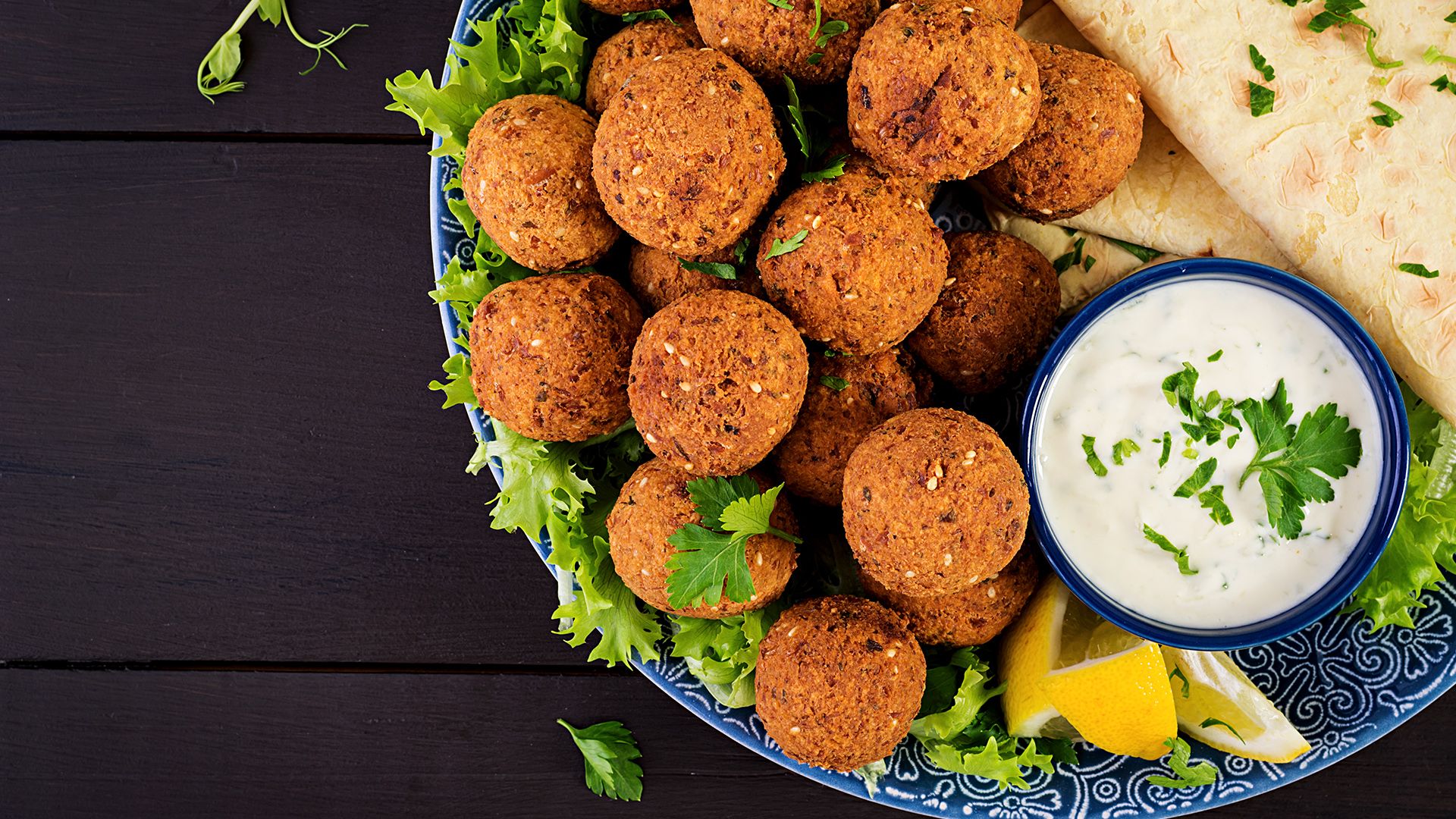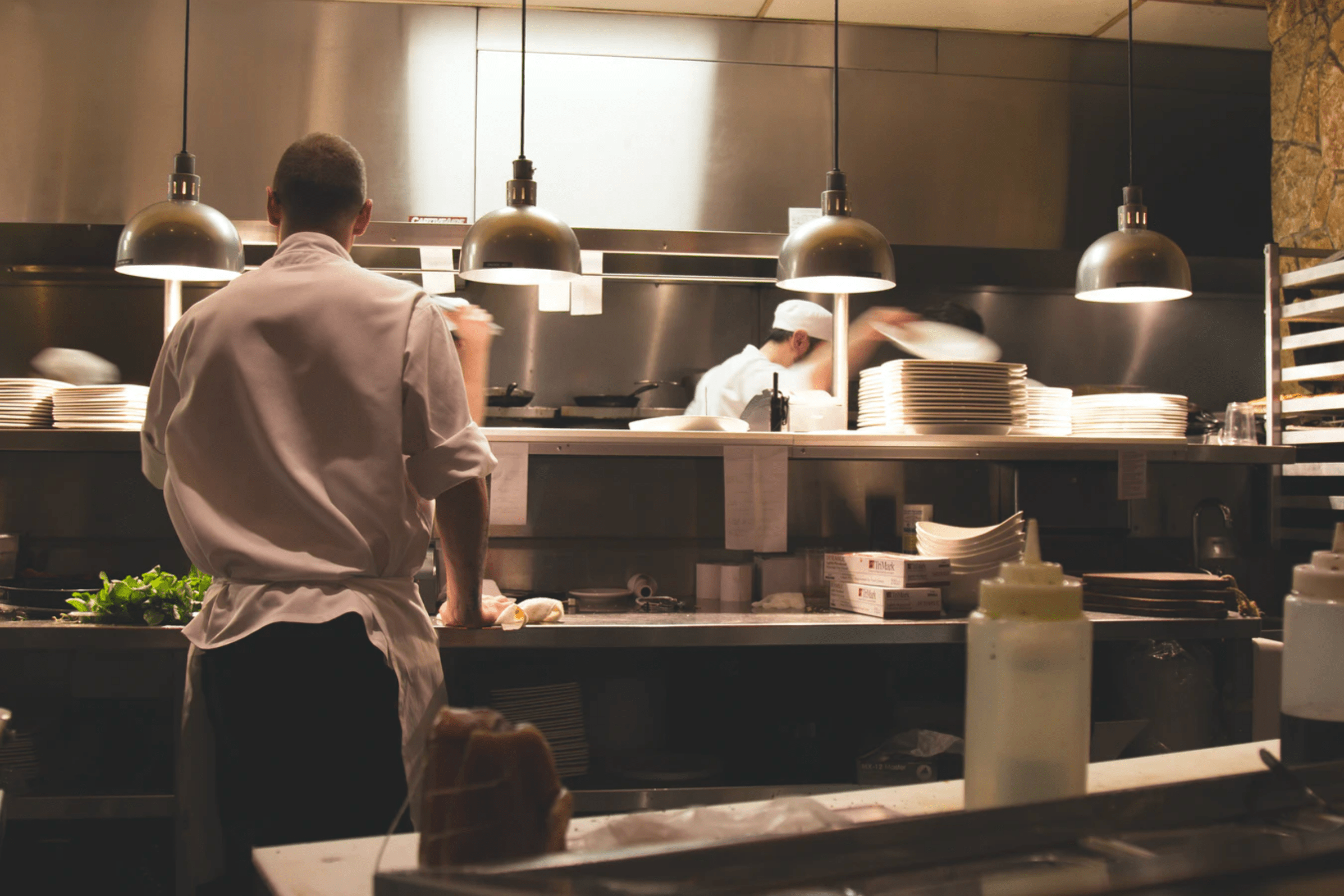

Falafel is a popular Middle Eastern “fast food” made of a mixture of chickpeas (or fava beans), fresh herbs, and spices that are formed into small patties or balls.
It can be served alone or with all of the fixings, including pita, salad, and tahini-based sauces and its several qualities may benefit your health in various ways.
To start, it’s a good source of fiber and plant-based protein, two nutrients that work to help keep you full for longer throughout the day. Furthermore, some say it can even help improve glycemic control and protect against type 2 diabetes.
Its properties makes this dish popular through many different cultures around the world.

Falafel’s Origins
As the name for "fava beans" in Egyptian is "ful", the word "falafel" most likely comes from these original Mediterranean recipes.
It is believed that the first falafel was served in Alexandria, the principal port of Egypt and the city with the largest concentration of European troops. Unlike many of the popular versions served in today’s falafel restaurants, this first falafel was made with fava beans.
The exact origin of falafel is unknown. We can not know exactly when and who first created this dish. But there are many popular theories. Most agree that falafel was developed in Egypt.
Some say that its origin dates back about 1,000 years to the Egyptian Copts, who brought it with them from the Middle East. Others say that falafel came from India in the 6th century.
Other theories say the invention of falafel is in modern times, when the dish started to appear in Egyptian literature, right after the British occupation in 1882. According to this theory, British officers enjoyed fried vegetable croquettes when they were in India and asked their Egyptian cooks to prepare a version with local ingredients.
Slow Food é um movimento que valoriza a produção de alimentos locais, sustentáveis e tradicionais, além de enfatizar a apreciação dos sabores e a experiência de comer com conexões sociais. A marca SKYMSEN se alinha com esses princípios ao produzir equipamentos duráveis e sustentáveis para chefs e cozinheiros.
Já se perguntou por que muitos dos seus clientes preferem certos tipos de alimentos mais do que outros? Isto porque estão a ingerir os famosos alimentos hiperpaláveis. Embora o nome pareça um pouco estranho para os ouvidos, já trabalha com a produção destes alimentos no seu estabelecimento comercial. Os alimentos hiperpaláveis são...